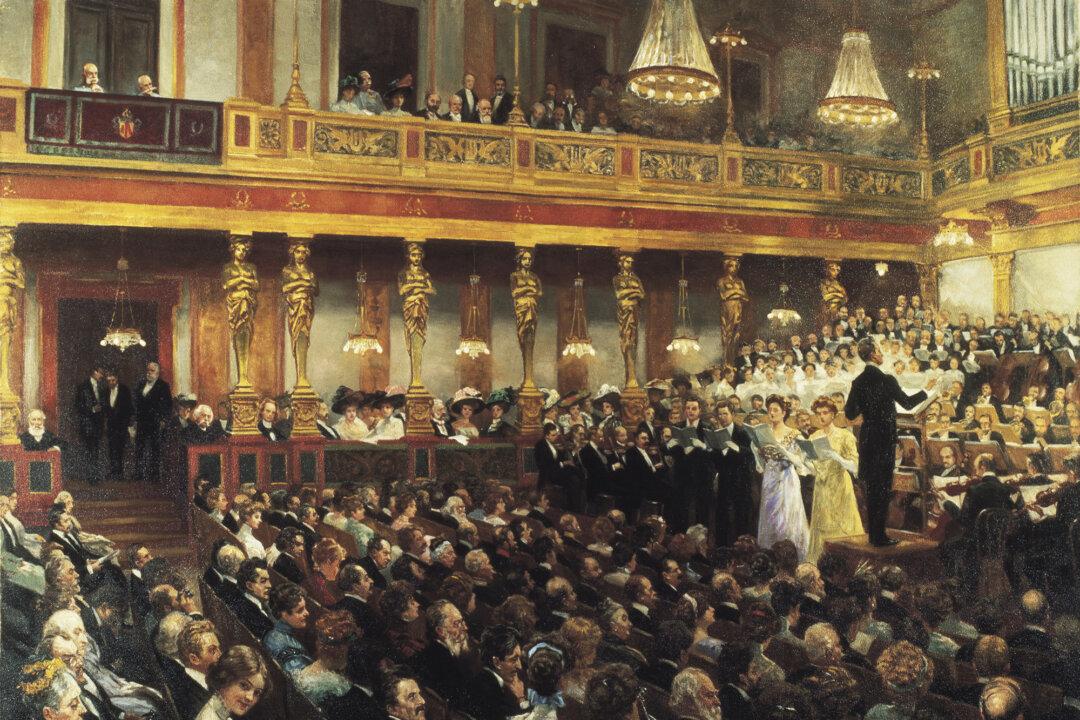The online world is negatively affecting the American dating scene. If you didn’t suspect that already, an experience recorded by Villanova professor Anna Bonta Moreland over at First Things will make that clear.
Moreland gave her students an online discussion assignment to share their dating experiences. The results were very moving and revealed how tired these young people were of what’s known as the hook-up culture. Yet when she got them into class to discuss, they clammed up. It was too personal to utter these things face to face, even though her students were used to baring all in online dating relationships (sometimes literally!).






